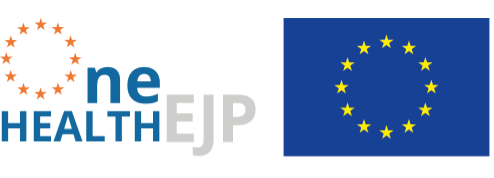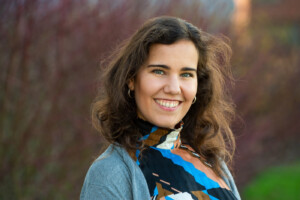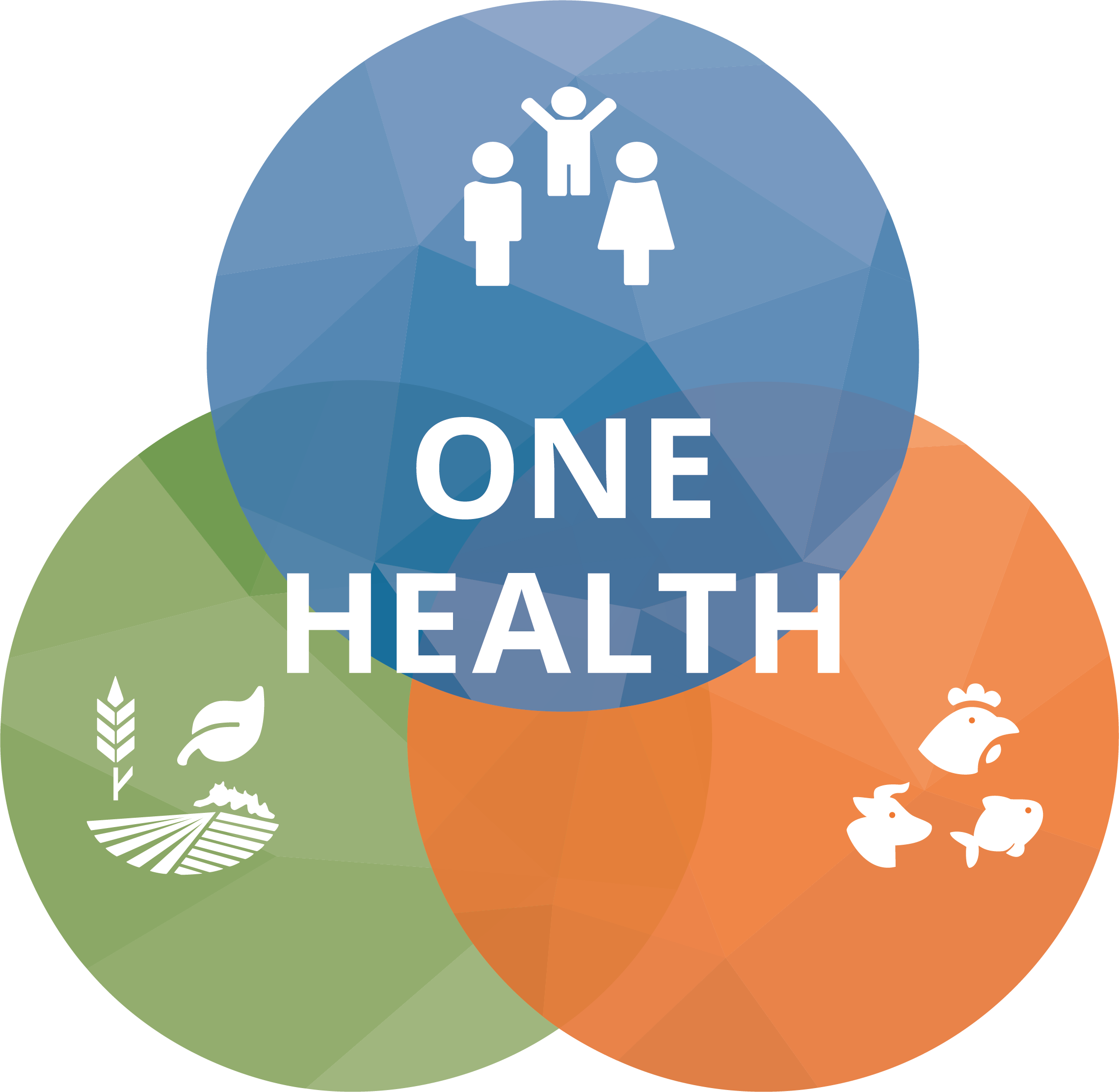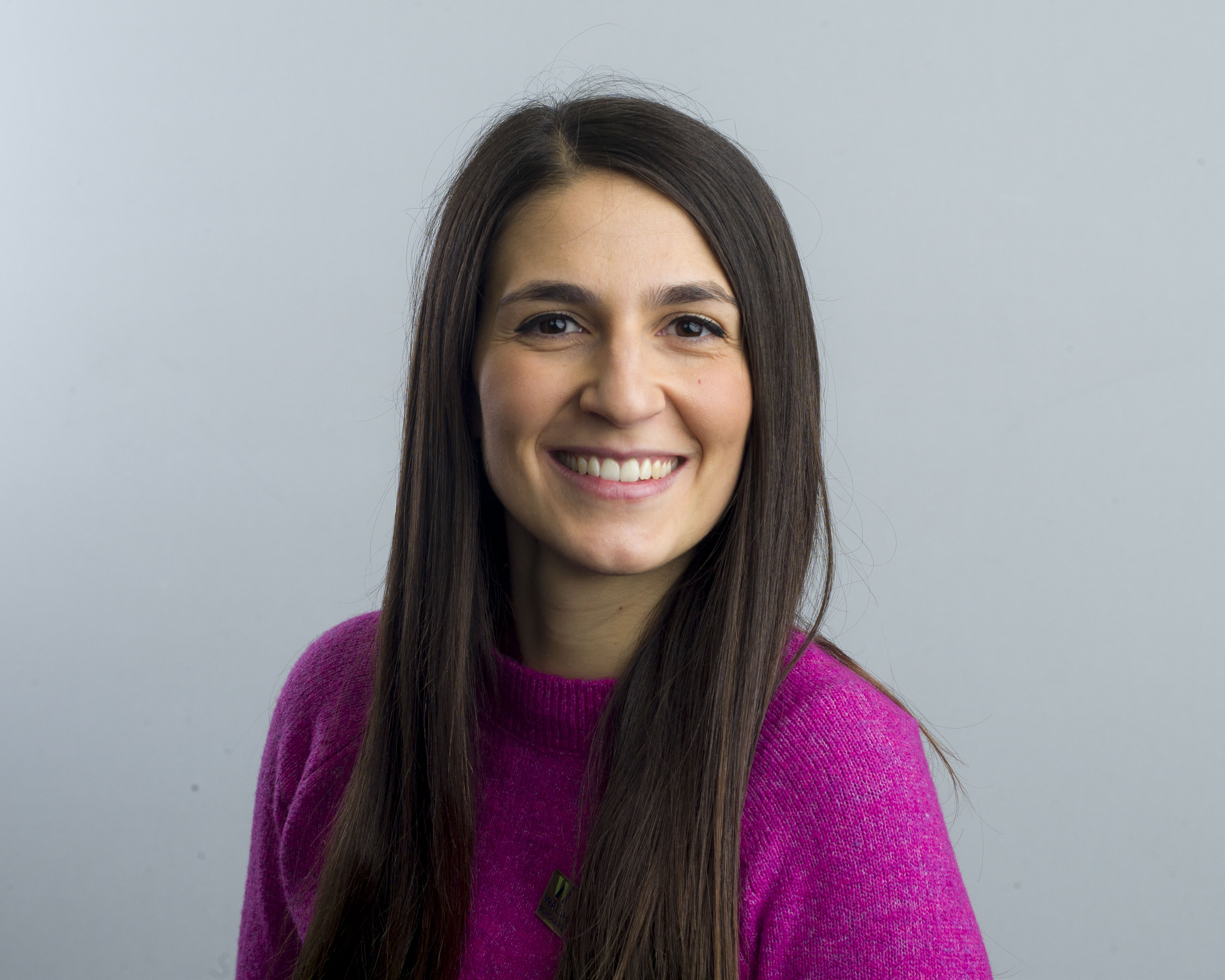
Read our fifth #OHEJPphdlife post describing a day in the life of Elena Anedda, a One Health EJP student working on PhD project HME-AMR. Her research is based at the University of Galway and Teagasc and focuses on the issue of antimicrobial resistance (AMR). While antibiotics influence the spread of AMR, agents found in the environment, such as heavy metals, can also facilitate the spread of antimicrobial resistance genes and antimicrobial resistant bacteria. Elena is investigating the role of heavy metals as a selective pressure for the dissemination of AMR.
How to describe a typical day of a PhD student? From my experience, PhD student life is like a roller coaster. It’s a continuous up and down of feelings, from excitement to feeling overwhelmed, sometimes even on the same day. What helps me is planning. For this reason, before a lab work session I try to prepare everything in advance; I check if I received all the materials and I make sure to have all media I need for the culture-based analysis. Specifically, I’m working on the role of heavy metals as selective pressure on the antimicrobial resistance profile in the primary food production environment.
Today is sampling day and this means first day of a busy week. Although I have all the media I need for the week, I have to prepare a media for the Enterobacterales bacteria enumeration that expires on the same date you make it. Thus, the day starts very early and I can’t miss the train at 7.25 to be at work (Teagasc Food Research Centre, Ashtown) before 8.00.
As soon as I arrive, my supervisor and I pack the car up and we are ready to go to visit five farms close to Dublin to collect the samples, soil and bovine milk filters. The weather is cloudy, cold and misty, but listening to Irish singers on the radio cheers us up. After a quick talk with all the farmers who want to know about the project, I can start collecting samples. Going around the green fields, breathing the fresh air and working close to the cattle that stare at me is always enlivening. Once we have gone to all the farms, we are ready to go back to Teagasc and I can finally start working in the lab.

The first day is a race against the clock. I’m always afraid not to have enough time to process all the samples, but I’ve always made it. First, I must split the samples and store a portion in the freezer at -80 °C for the following metagenomics analysis. Metagenomics is the study of genetic material of all the microorganisms present in a sample. Then I prepare the media that expires on the same date (Violet Red Bile Glucose Agar) and a non-selective enrichment broth with samples plus Buffer Peptone Water (BPW), which I incubate at 37 °C for 24 hours. At the same time, I prepare four dilutions of Maximum Recovery Diluent (MRD) for the enumeration of Enterobacterales of each sample. The dilutions are plated into empty petri dishes in duplicates, to which two layers of Violet Red Bile Glucose Agar are added. The plates are then ready to be incubated at 37 °C for 24 hours. Finally I can slowdown…I have processed all the samples on time! It’s time to clean everything and check that I haven’t left any machine switched on. It’s late, but there is still a little bit of time to go to the office and switch on the computer.
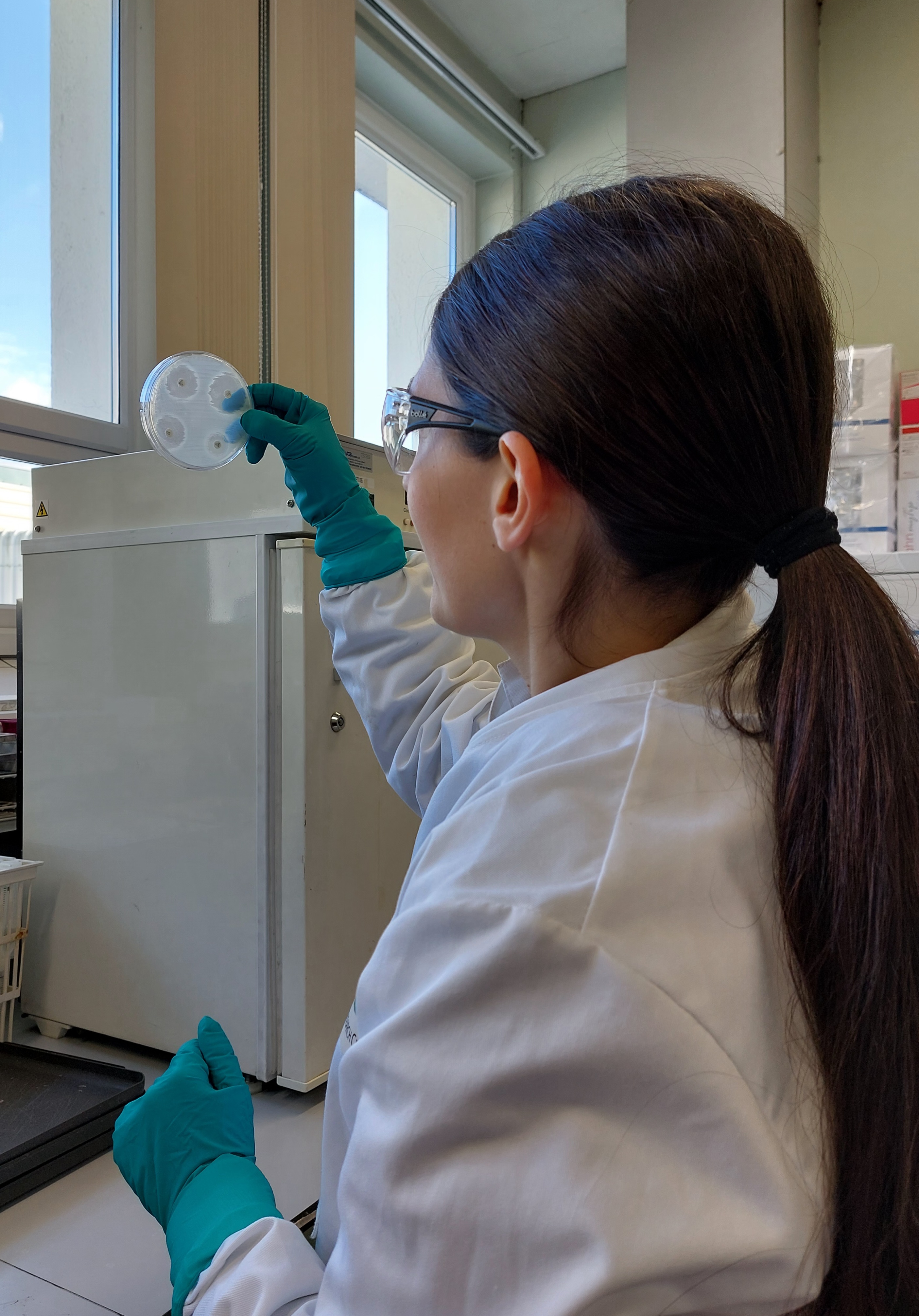
I can’t forget to contact a colleague to book the MALDI-TOF machine for next week and to add the new samples identification on an Excel sheet, where I will add the results of the analysis as I carry them out. It’s almost time to leave, but first I want to make some changes on a PowerPoint presentation that I need to send for the ENVIRON 2023 conference in Donegal. The tiredness begins to be felt.
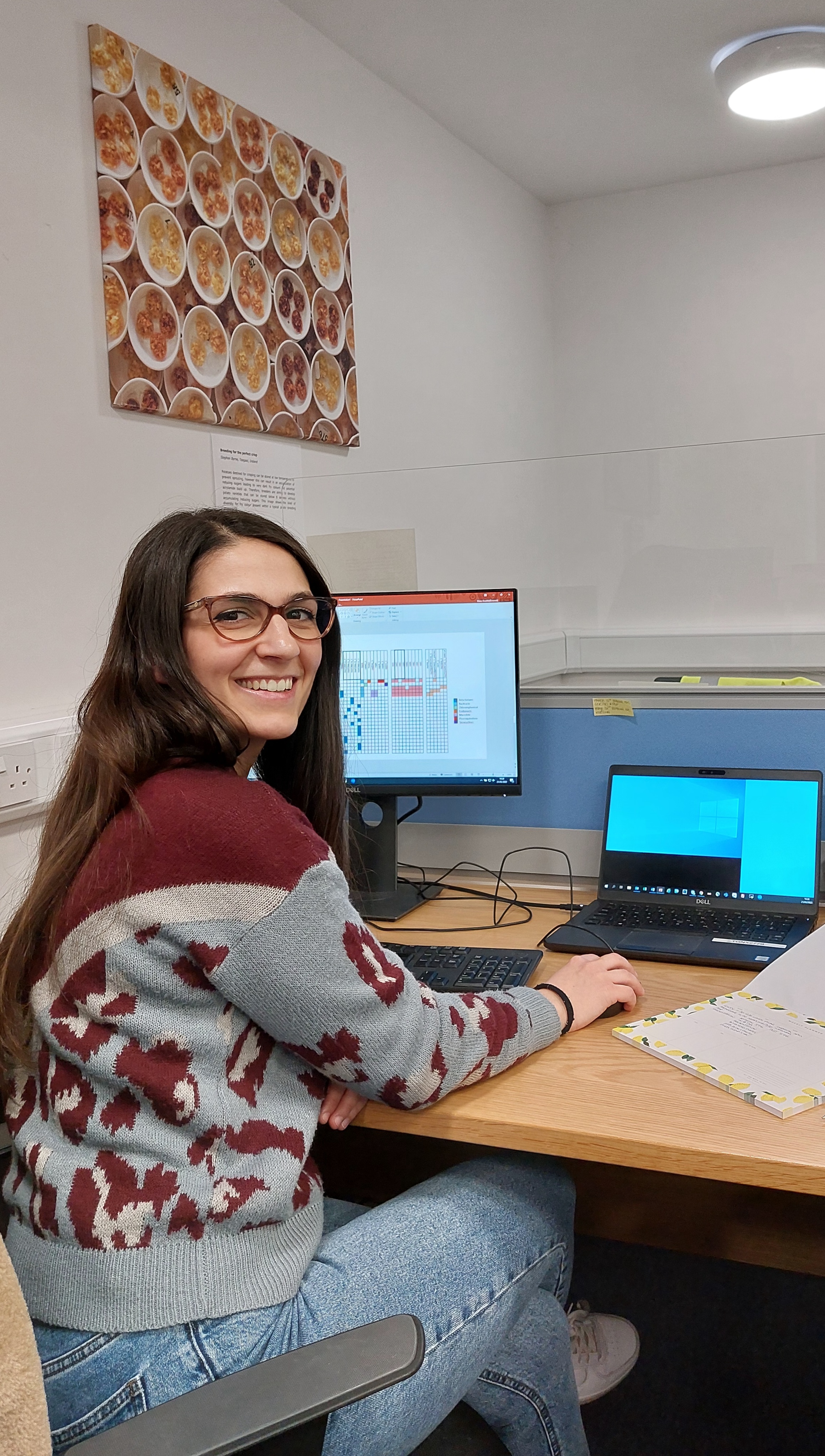
Walking to the train station with my colleagues is one of my favourite moments of the day. We chat about the job we have done, we complain about the weather and the busy day, and we support each other…and the tiredness is suddenly gone.
